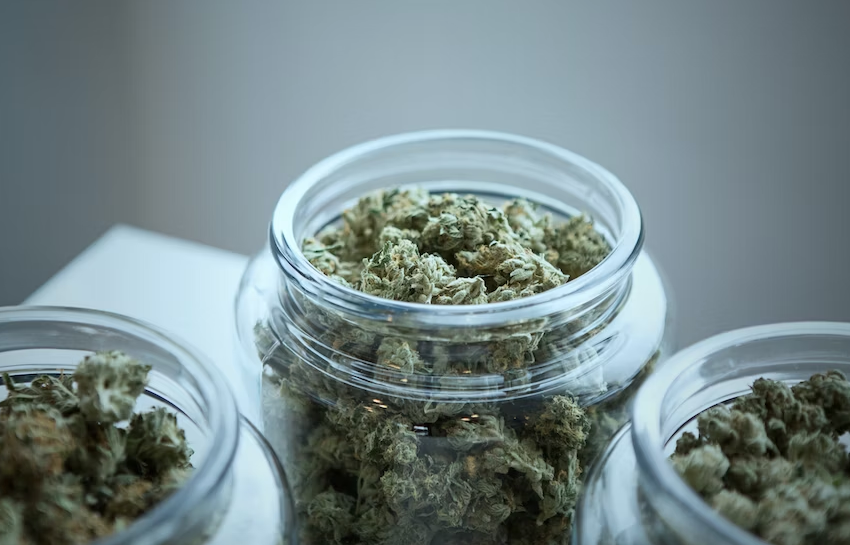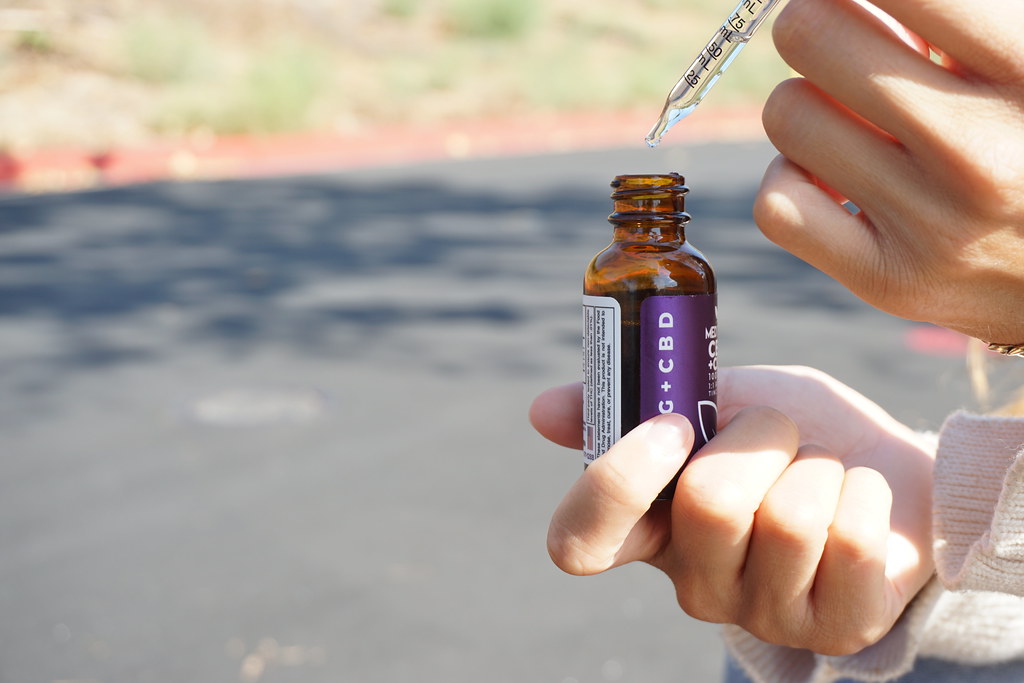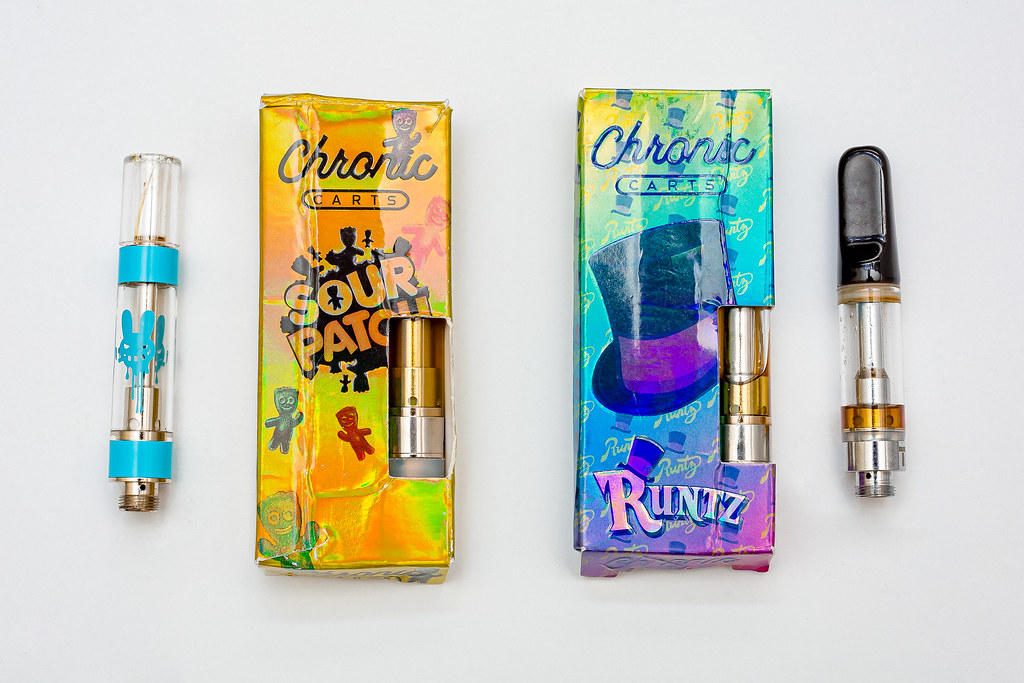
Demystifying CBD: Debunking Common Myths and Misconceptions
Introduction
CBD, short for cannabidiol, has gained immense popularity in recent years for its potential health benefits. However, along with its rise in popularity, various myths and misconceptions have emerged. In this comprehensive guide, we aim to demystify CBD by debunking common myths and misconceptions surrounding it. By providing accurate and up-to-date information, we hope to clarify any confusion and help you make informed decisions about CBD.
What is CBD?
CBD is a natural compound found in cannabis plants, including hemp and marijuana. Unlike its counterpart THC (tetrahydrocannabinol), CBD is non-psychoactive, meaning it doesn’t produce a “high” sensation commonly associated with cannabis use. CBD is extracted from the plant and then diluted with a carrier oil, such as hemp seed oil or coconut oil, to create CBD oil.
The Myth of Getting High
Myth: CBD Gets You High
Many people mistakenly believe that consuming CBD will result in a euphoric or intoxicating effect. However, this is simply not true.
CBD products that adhere to legal regulations contain no more than 0.3% THC, which is not enough to cause psychoactive effects. The intoxicating properties of cannabis primarily come from THC, not CBD. Therefore, using CBD will not impair your cognitive function or alter your state of mind.
The Legal Status of CBD
Myth: CBD is Illegal Everywhere
One common misconception is that CBD is illegal everywhere. However, the legal status of CBD varies from country to country and even within different states or regions.
In the United States, for example, the 2018 Farm Bill legalized hemp-derived CBD products that contain less than 0.3% THC. However, marijuana-derived CBD is still subject to varying state laws. It’s important to familiarize yourself with the specific regulations in your jurisdiction before purchasing or using CBD products.
CBD and Health Benefits
Myth: CBD Has No Therapeutic Value
Contrary to popular belief, CBD does possess therapeutic properties and has shown promising potential for various health conditions. Extensive research has highlighted the following potential benefits of CBD:
- Pain Relief: CBD may help alleviate chronic pain by interacting with the endocannabinoid system, which regulates pain perception.
- Reducing Anxiety and Depression: Studies suggest that CBD may have anxiolytic and antidepressant effects, offering relief to individuals with anxiety disorders and depression.
- Managing Epilepsy: CBD has gained recognition for its ability to reduce the frequency and severity of seizures in certain forms of epilepsy, such as Dravet syndrome and Lennox-Gastaut syndrome.
- Skin Conditions: CBD’s anti-inflammatory properties make it a potential remedy for various skin conditions, including acne, eczema, and psoriasis.
- Neuroprotective Properties: Research indicates that CBD may have neuroprotective properties, potentially benefiting individuals with neurological disorders such as Alzheimer’s and Parkinson’s disease.
While these potential benefits are promising, it’s essential to note that CBD is not a miracle cure-all. Further research is needed to fully understand its efficacy and optimal usage for different conditions.
CBD and Drug Interactions
Myth: CBD Interferes with Medications
It is a common misconception that CBD can interfere with prescription medications. While CBD can interact with certain medications, it’s important to understand the specific drug interactions and potential risks.
CBD is metabolized by the same enzymes in the liver that metabolize many medications. Therefore, CBD has the potential to inhibit or enhance the effects of these medications. If you’re taking any prescription medications, it is crucial to consult with your healthcare provider before incorporating CBD into your routine to ensure safe and effective usage.
CBD Dosage and Safety
Myth: There’s No Standard CBD Dosage
Determining the appropriate CBD dosage can be challenging due to various factors, including individual body chemistry, the specific condition being treated, and the form of CBD being used. Additionally, there is no standardized dosage established for CBD because research is still ongoing.
To find the optimal dosage for your needs, it is recommended to start with a low dose and gradually increase until you achieve the desired effects. Consulting with a healthcare professional experienced in CBD usage can also provide valuable guidance.
FAQs
Is CBD addictive?
No, CBD is not addictive. It does not produce the same addictive properties as THC. In fact, CBD has shown potential in helping individuals overcome addiction to substances such as opioids.
Can I give CBD to my pets?
Yes, CBD products formulated specifically for pets are available in the market. However, it’s important to consult with a veterinarian before giving CBD to your pets, as they have different physiology and may require different dosages.
Can I overdose on CBD?
CBD has a favorable safety profile, and it is highly unlikely to overdose on CBD alone. However, taking extremely high doses may result in mild side effects such as drowsiness or diarrhea. It is always advisable to follow the recommended dosage guidelines.
Will CBD show up on a drug test?
While most drug tests target THC, some may detect the presence of CBD. However, if you are using CBD products that comply with legal regulations (less than 0.3% THC), the chances of testing positive for THC are minimal. If you have concerns about drug testing, consider opting for THC-free CBD products.
Can CBD cure cancer?
There is currently no scientific evidence to support the claim that CBD can cure cancer. CBD may have potential anti-cancer properties and can be used to manage certain symptoms associated with cancer treatment, but it should not be considered a cure.
Is it safe to drive after using CBD?
Operating a vehicle while under the influence of CBD is generally safe. CBD does not impair cognitive function or cause intoxication. However, it’s important to note that CBD products may contain trace amounts of THC, which can result in a positive drug test if you are subjected to one.
Conclusion
In conclusion, CBD is a versatile compound with potential health benefits. By debunking common myths and misconceptions, we hope to provide a clearer understanding of CBD and its effects. Remember to consult with a healthcare professional before incorporating CBD into your routine, especially if you’re currently taking medications. Stay informed, make educated decisions, and reap the potential benefits that CBD has to offer.



Leave a Reply